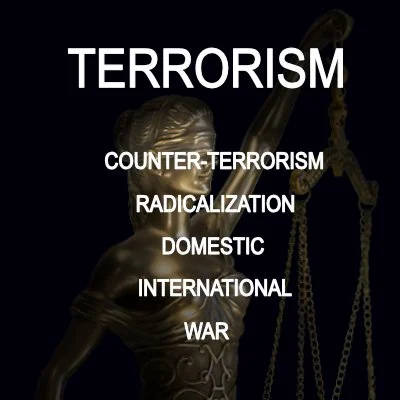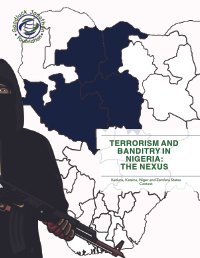Edited by Gary LaFree and Joshua D. Freilich
Much has changed in the relationship between terrorism research and the field of criminology in recent years. Law and justice scholars such as Kittrie (1978) and Turk (1982) made significant contributions to the research literature on terrorism and responses to terrorism in the past half-century, but much of this early work was isolated, piecemeal, and done without federal research funding. It took the Murrah Federal Building bombing in Oklahoma City in 1995 and, more importantly, the September 11, 2001, attacks in New York City, Washington, DC, and Pennsylvania before major funding to support social science research on terrorism in the United States became available. After these events, funding through the National Memorial Institute for the Prevention of Terrorism; terrorism research solicitations by the National Science Foundation, the National Institute of Justice, and the Bureau of Justice Administration; and the creation of the Department of Homeland Security’s academic Centers of Excellence program all strengthened support for social scientific studies of terrorism and responses to terrorism (for a review, see LaFree & Dugan, 2016). More recently, the Minerva program, funded by the Department of Defense (DOD, 2015), and the Domestic Radicalization to Violent Extremism research program, funded by the National Institute of Justice (NIJ, 2014), have further increased levels of support.
Wiley Blackwell, 2017, 620p.










